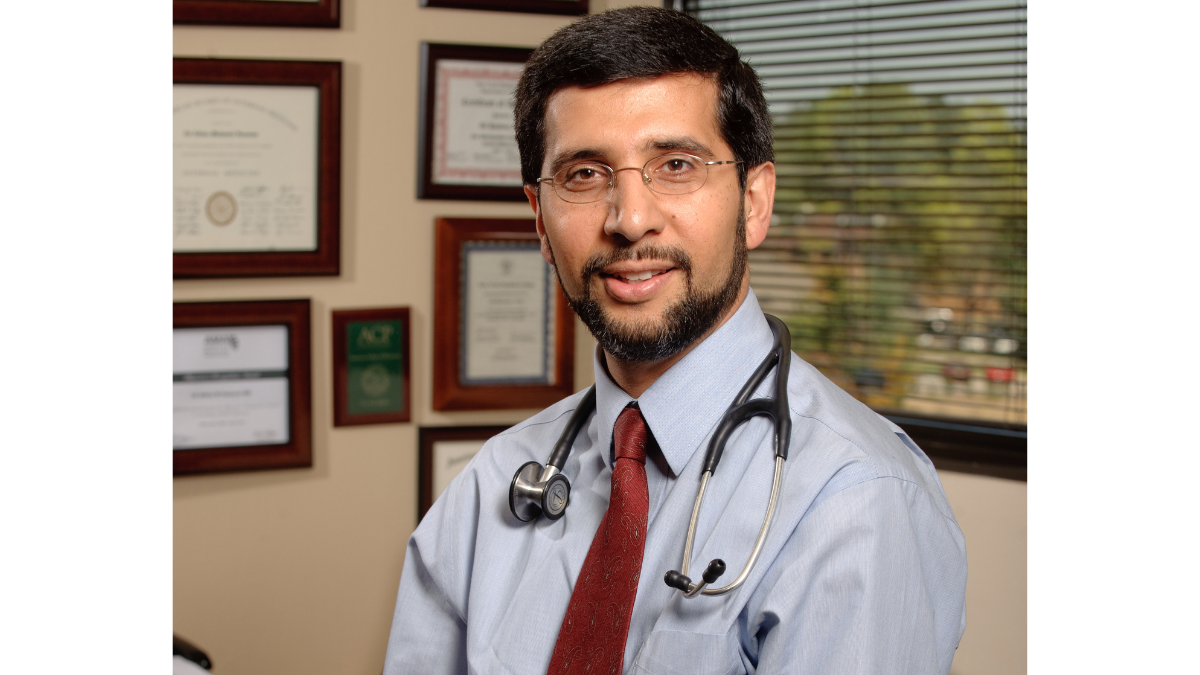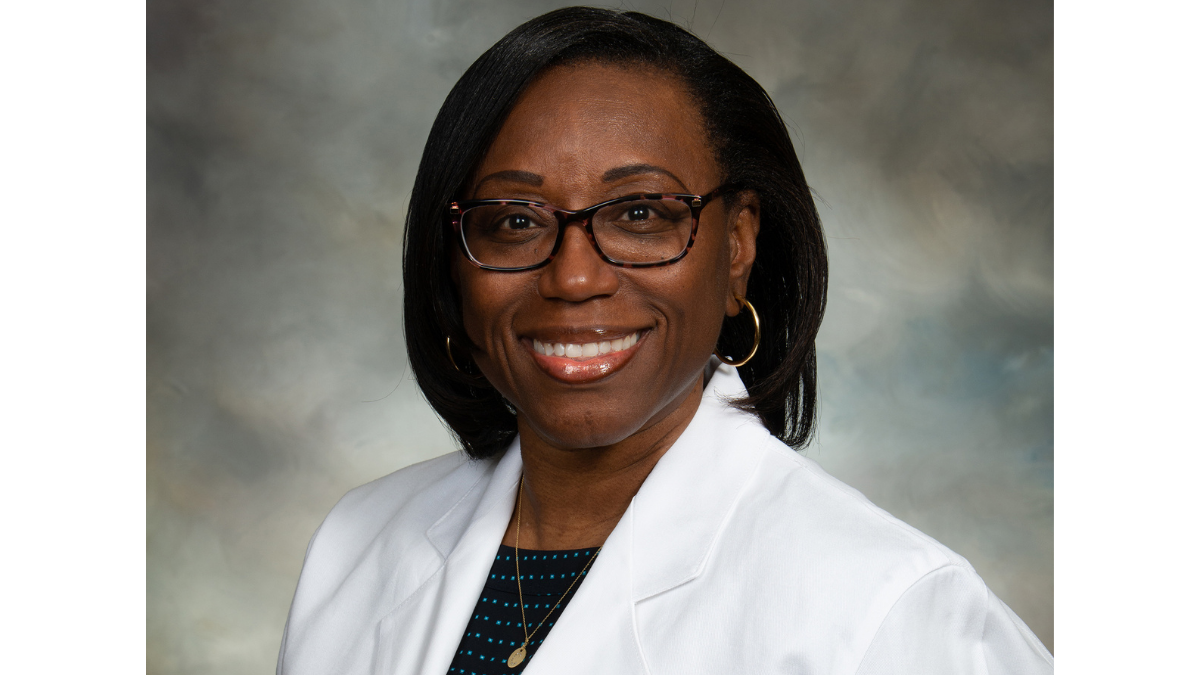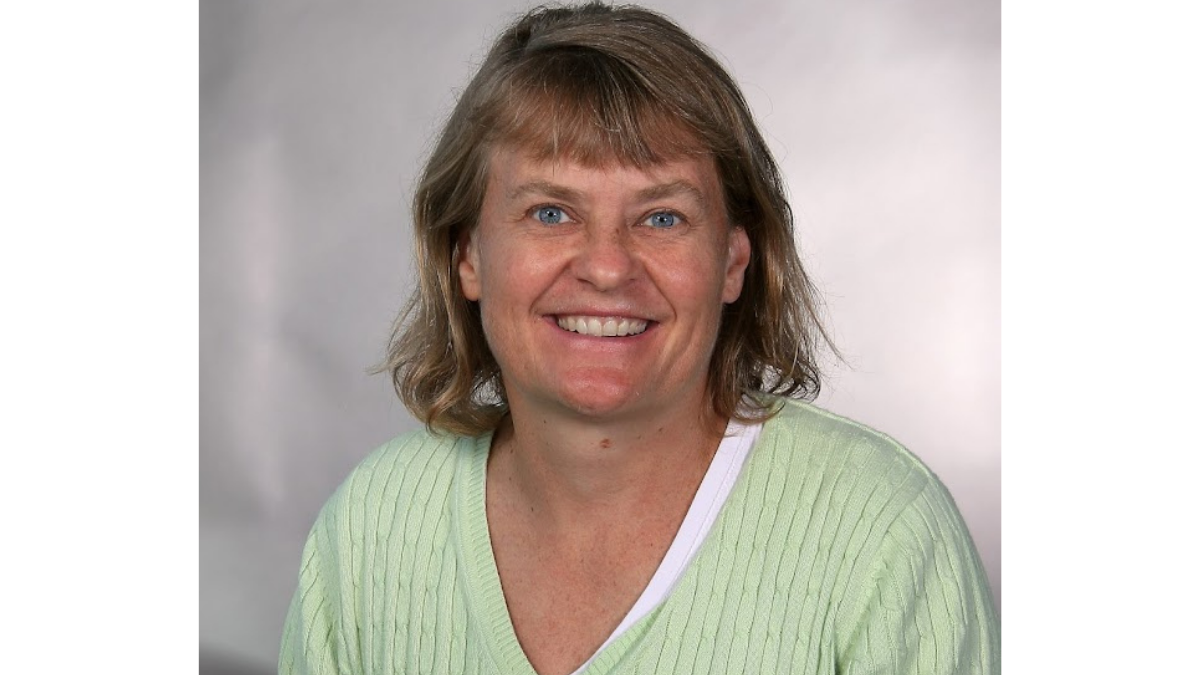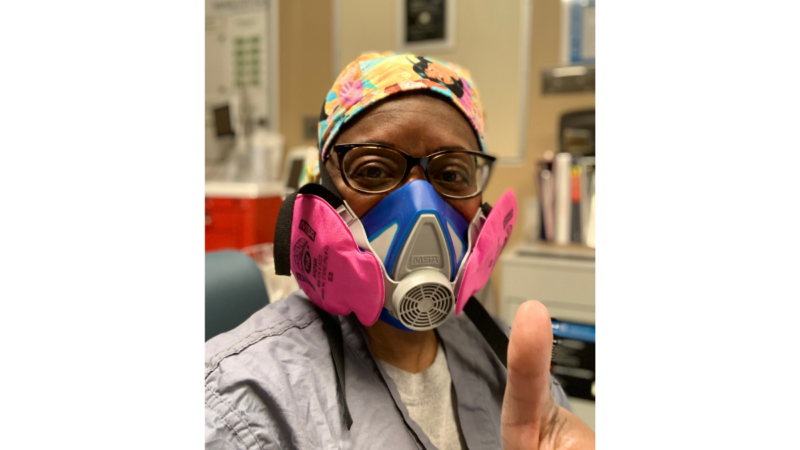Alabama’s Frontline Providers: ‘We Are Overworked And We Are Frustrated’
The coronavirus is overwhelming Alabama’s hospitals and its health care providers. More than 2,700 people were hospitalized with the virus as of Wednesday, nearing the winter peak of roughly 3,000 inpatients. This week, state officials recorded more intensive care patients than available beds.
Hospitals are doing what they can to keep up with the rapidly accelerating fourth wave. But after more than a year of fighting the virus, medical providers are exhausted and frustrated.
Three Alabama physicians spoke with WBHM about how they are dealing with the surge.

Dr. Ali Hassoun, infectious disease specialist, Huntsville Hospital, Huntsville, Ala.
“I was supposed to be off the last two days, but because of the surge in COVID-19, I have been working for almost three weeks now daily. Of course, the cases with COVID continue to increase significantly. The hospital’s getting full. The ICU beds are getting full. Not only have the hospital bays gotten full, but there’s a shortage of staff. There’s a shortage of nurses.
It’s very hard for health care professionals to continue doing what they are supposed to do with community not doing their part.
You feel sorry for those who believe this misinformation, but at the same time, you see patient still saying ‘There is no COVID. We don’t believe there’s these problems and we’re not interested in vaccination.'”

Dr. Cynthia Renee Crowder-Hicks, pulmonologist, Infirmary Health, Mobile, Ala.
“This wave is a little bit more challenging to hold up, just being honest, because it was preventable. The majority of our population is unvaccinated. And with that being said, those are the ones that tend to decline.
When you look at the patients, they’re scared and they’re by themselves. So they’re lonely. They have no one to hold their hands or to talk to them. The more anxious they are, the less they’re able to breathe. They all cry. They are all nervous. They are all very vulnerable at that point. The majority still say, ‘I wish I would have.’ And it’s nothing we can do about that now. My hope is that you survive this.
It just, it blows my mind that we have gotten to this point. We’ve had to convert just regular rooms in a hospital to an ICU. Nobody feels that they’re giving optimal care. We are overworked and we are frustrated.
I’m tired of my 47-year-old’s dying. That was my day today. It’s terrible.”

Dr. Nancy Tofil, critical care physician, Children’s of Alabama, Birmingham, Ala.
“I work primarily in the pediatric intensive care at Children’s of Alabama. And ever since this Delta variant became so prominent, we’ve seen a huge increase in the number of COVID patients. The other thing that seems to be different now is children are getting much more sick with COVID.
Almost all of these families have some regret about not getting vaccinated. Some had some misunderstandings about the vaccines. And myself and some of the infectious disease experts have talked with them about getting vaccinated in the future.”
Editor’s note: This interview was edited for length and clarity. Also, Children’s of Alabama is a program sponsor of WBHM, but our news and business departments operate independently.
Trump says U.S. will resume sending weapons to Ukraine after pausing last week
With Russian attacks escalating, Ukraine is dependent on air defense systems and munitions supplied by western allies to protect Ukrainian cities.
100 years after evolution went on trial, the Scopes case still reverberates
One hundred years ago, the small town of Dayton, Tenn., became the unlikely stage for one of the most sensational trials in American history, over the teaching of Darwin's theory of evolution.
RFK Jr.’s vaccine policy sparks a lawsuit from the American Academy of Pediatrics
AAP and other leading health organizations allege that the health secretary violated federal law when he took the COVID vaccine off the list of recommended shots for pregnant women and healthy children.
The health of U.S. kids has declined significantly since 2007, new study finds
A new study in the journal JAMA finds the health of America's children has worsened across several key indicators over the last two decades. That includes the number of children with chronic diseases.
The U.S. has millions of old gas and oil wells. Here’s what it takes to plug them up
There was a circle in Maria Burns' yard where grass wouldn't grow and trees died. She knew what it was: An old natural gas well, plugged when she was a little girl, starting to leak again.
Sea lions are released after toxic algae bloom in California
Marine mammal researchers are investigating how sea lions were affected by the longest toxic algal bloom on record off the coast of Southern California. Some sea lions are now being released back into the wild.









